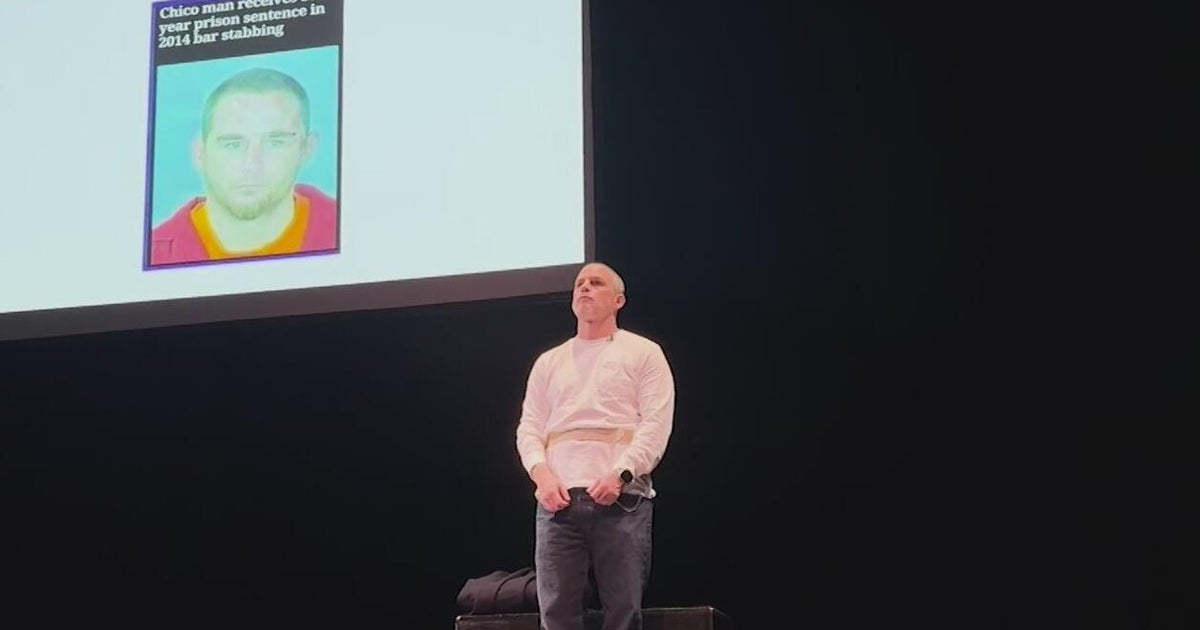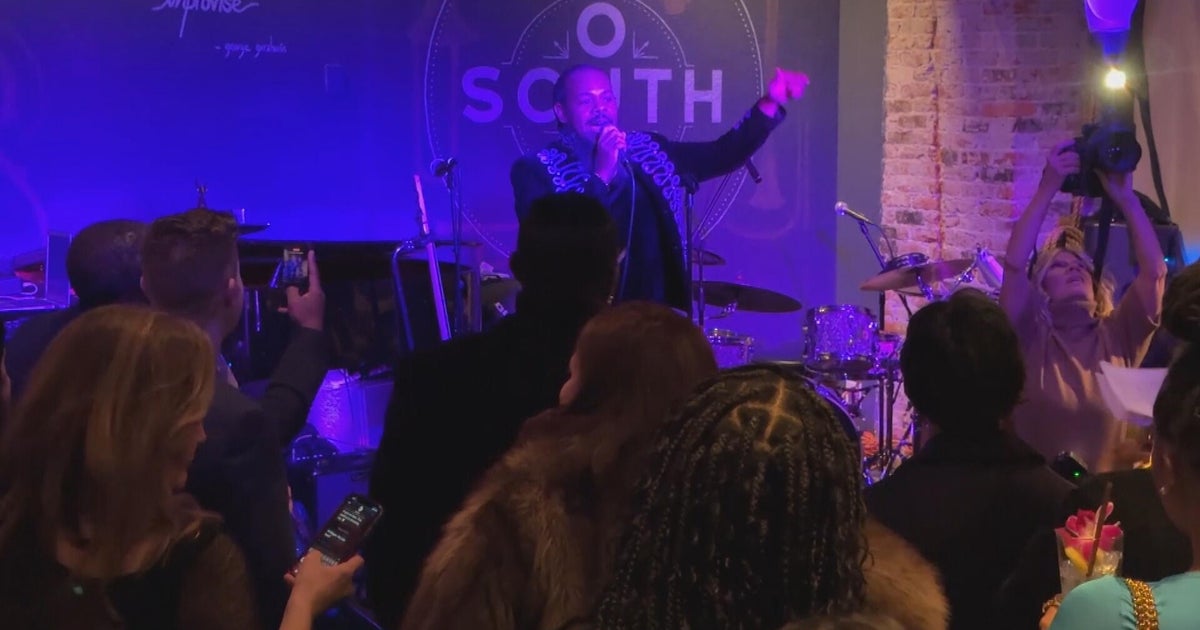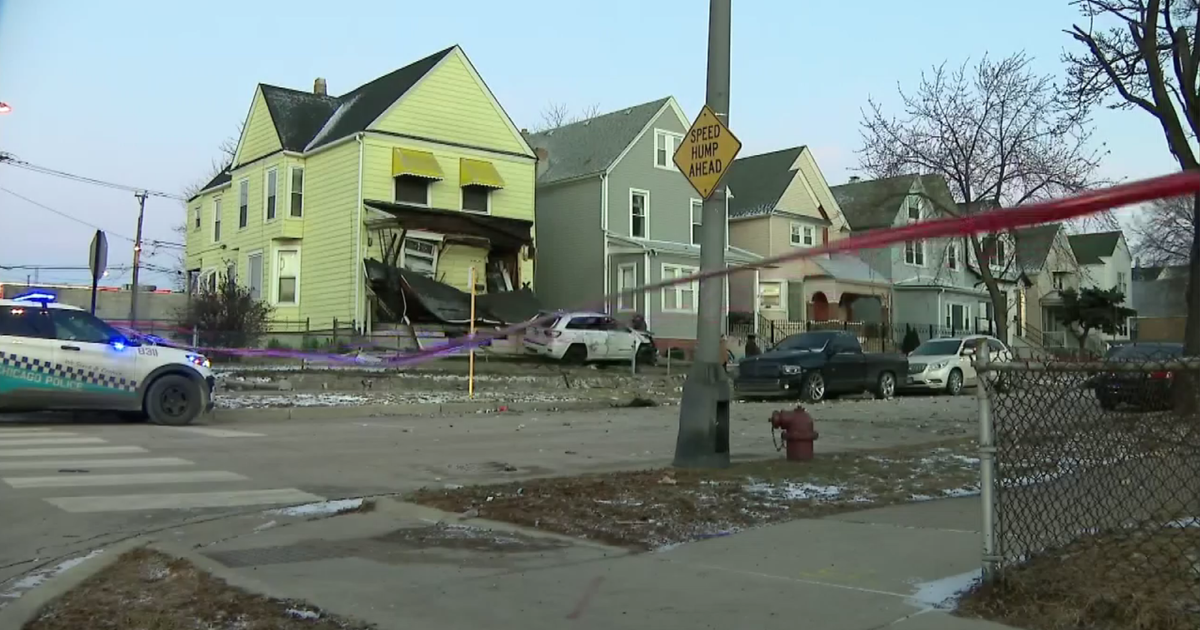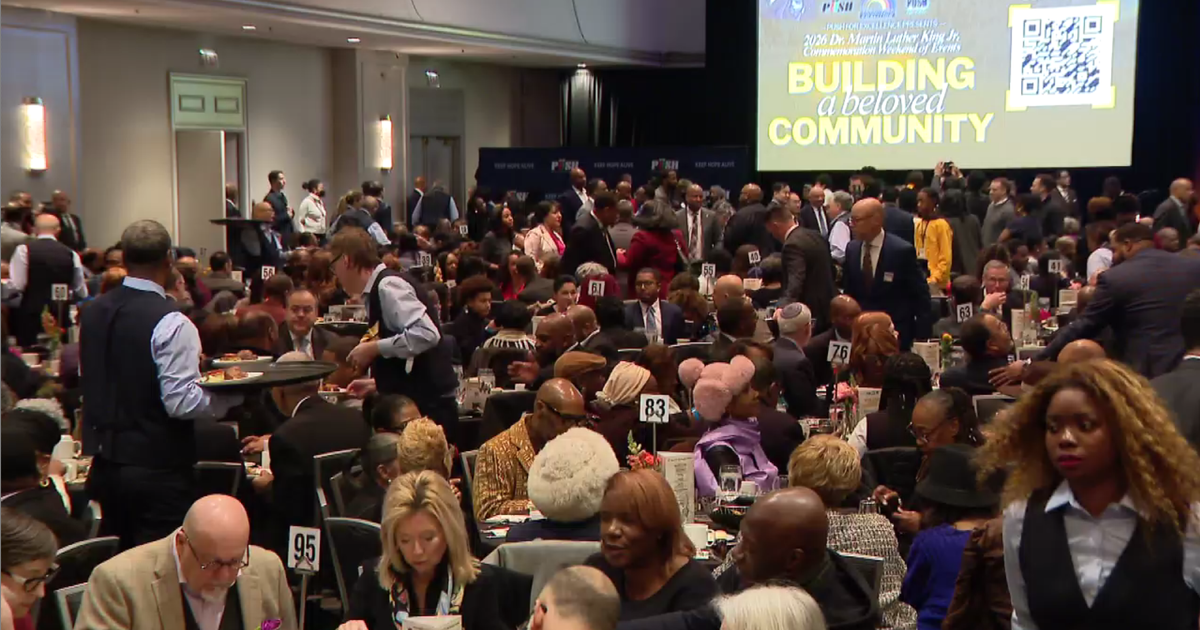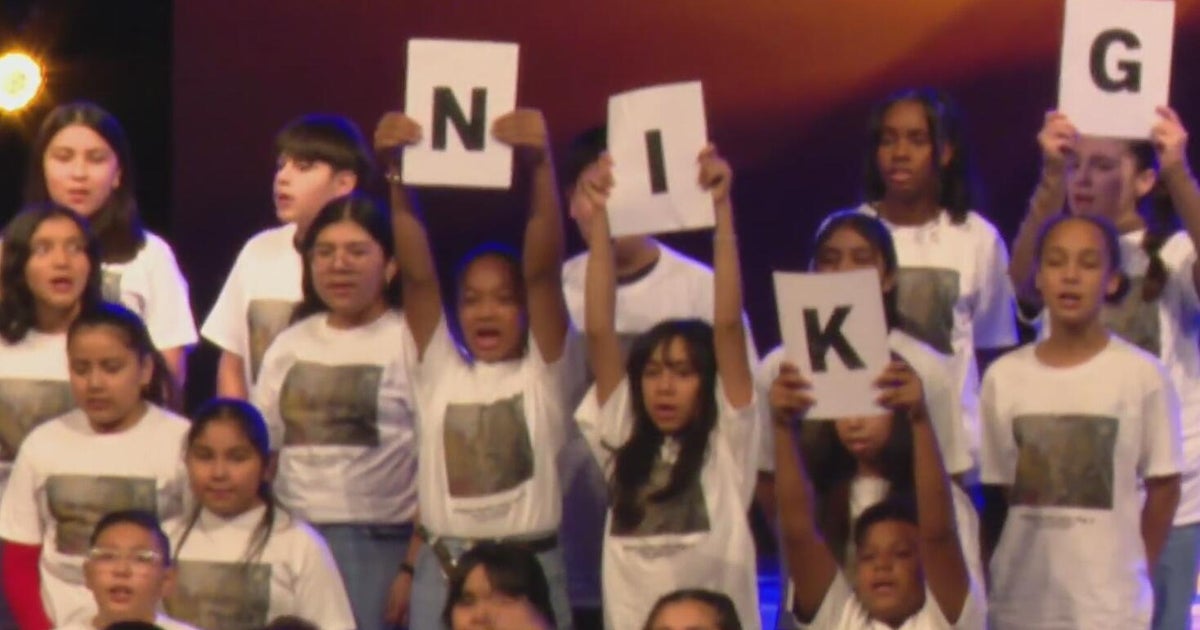Brazilian master Milton Nascimento brings farewell tour to Berkeley's UC Theatre
BERKELEY -- One of Brazil's greatest living singer/songwriters brings his farewell tour to the Bay Area Sunday when Milton Nascimento headlines the UC Theatre in Berkeley.
Born in Rio de Janeiro in 1942, Nascimento was moved by his adoptive parents in a small town in the state of Minas Gerais at age two and was singing alongside his mother in choirs as a young boy, eventually pursuing a singing career of his own by his teenage years. He sang in early samba vocal groups Evolussamba and Sambacana, who he made his recording debut with on their album Muito Pra Frente in 1965.
Even at that early stage, had developed his trademark singing voice that moved easily from its natural tenor range to an unearthly falsetto as well as his knack for writing evocative, emotionally charged songs. He gained national exposure after established pop vocalist Elis Regina recorded his song "Canção do Sal" in 1966. That led to a television appearance and a performance at Brazil's prestigious International Song Festival the following year, and eventually the recording his eponymous debut album spotlighting his remarkable gifts.
That independently released album would get him signed to an international deal with EMI and greatly expand his opportunities. Nascimento's follow-up album and introduction to a wider audience Courage found him recording at famed jazz engineer Rudy Gelder's New Jersey studio under producer Creed Taylor's direction, collaborating with his fellow Brazilians -- arranger/keyboardist Eumir Deodato and percussionist Airto Moriera -- and such notable players as piano great Herbie Hancock and flutist Hubert Laws. While drawing on traditional Brazilian forms, the songwriter's work also reflected the influence of jazz, American R&B and the Beatles, who he paid tribute to on his 1970 album simply entitled Milton.
Nascimento had been living in the Brazilian city of Belo Horizonte since the early '60s and would feature the friends and collaborators he had made there on his monumental 1972 album with fellow songwriter Lo Borges entitled Club Da Esquina. Taking its name from the musical collective and movement that had formed around Nascimento, Borges, pop group 14 Bis, Toninho Horta, Wagner Tiso and others (it translates as "street corner club"), the sprawling double LP mixed Brazilian sounds with classical, progressive rock, soul and jazz to great effect. The album would be embraced the world over as a pinnacle of post-samba music in Brazil and stands as one of the great recordings of that or any era.
Nascimento would eventually participate in a sequel effort (Clube Da Esquina, No. 2) in 1978, but continued to raise his own profile with a string of stellar solo albums and high-profile collaborations including the 1974 recording with Weather Report and former Miles Davis saxophonist Wayne Shorter Native Dancer that also included Hancock. Over his illustrious career, the singer has worked with a who's who of jazz and rock greats including keyboard player George Duke, guitarists Pat Metheny and Carlos Santana, and songwriters Paul Simon, Cat Stevens and James Taylor.
The songwriter's prolific output would continue through the '80s, '90s and beyond, earning him a Grammy award for Best World Music Album for 1997's Nascimento, covering Brazilian and American pop hits on Crooner two years later and engaging in more notable collaborations with Brazilian songwriting contemporaries Gilberto Gil and Caetano Veloso and the Jobim Trio, a group featuring iconic composer Antonio Carlos Jobim's sons with whom he recorded the collection of Jobim standards Novas Bossas in 2008. The singer toured the U.S. extensively with that group, but this Sunday appearance at the UC Theatre in Berkeley will mark his first Bay Area concert since playing SFJAZZ's Miner Auditorium in 2014. Fans of the 80-year-old Brazilian legend should not skip this last chance to see Nascimento play his classic songs in person as his "One Final Music Session Tour" makes its last U.S. stop.
Milton Nascimento
Sunday, Oct. 16, 8 p.m. $50
UC Theatre
